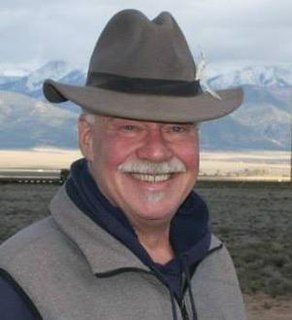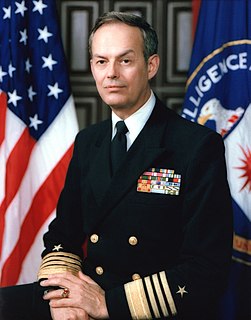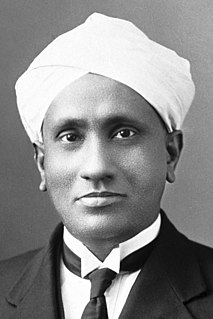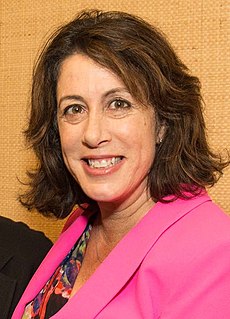A Quote by Oren Etzioni
Just as our roads and bridges are overdue for investment, so is the infrastructure for scientific research; that is, the body of scientific thought and the tools for searching through it.
Related Quotes
Too many politicians seem to reach for 'infrastructure' as the default answer to investment, as if roads and bridges were the answer to everything. Even the IMF and the World Bank seem to mainly offer infrastructure spending as an alternative to austerity, although they are right to focus on the need for investment.
The technological overflow from scientific research has brought scientific research this bad name about carrying an irresponsibility and an alienation from God - because scientific research has led to things like the atom bomb, it's led to problems with depletion of ozone in the Earth's atmosphere, or at least it's revealed those problems.
The responsibility for the creation of new scientific knowledge - and for most of its application - rests on that small body of men and women who understand the fundamental laws of nature and are skilled in the techniques of scientific research. We shall have rapid or slow advance on any scientific frontier depending on the number of highly qualified and trained scientists exploring it.
Bridges are burning all around us; bridges to responses that might have mitigated the already brutal (and just beginning) ravages of Peak Oil; bridges to reduce the likelihood of war and famine; bridges to avoid our selectively chosen suicide; bridges to change at least a part of energy infrastructure and consumption; bridges to becoming something better than we are or have been; bridges to non-violence. Those bridges are effectively gone.
The great scientific achievements are research programmes which can be evaluated in terms of progressive and degenerative problemshifts; and scientific revolutions consist of one research programme superceding (overtaking in progress) another. This methodology offers a new rational reconstruction of science.
I have always thought it a great privilege to have as my colleague in the Palit Chair of Chemistry such a distinguished pioneer in scientific research and education in Bengal as Sir Prafulla Ray. It has been invariably my experience that I could count on his cooperation and sympathy in every matter concerning my scientific work.
We actually know that our crumbling pipelines, roads, and bridges are ticking time bombs. That is why President Obama and Congressional Democrats have pushed to fund jobs that repair our roads, runways, and railways - we can't have first rate American communities with third-world American infrastructure.
Oil is a very valuable resource for life - electric heaters. We must have to transition ourselves to a post-oil era. And that's what we must discuss: searching and developing new sources of energy. And that requires scientific research. That requires investment. And the developed countries must be the ones to assume this responsibility first.


































